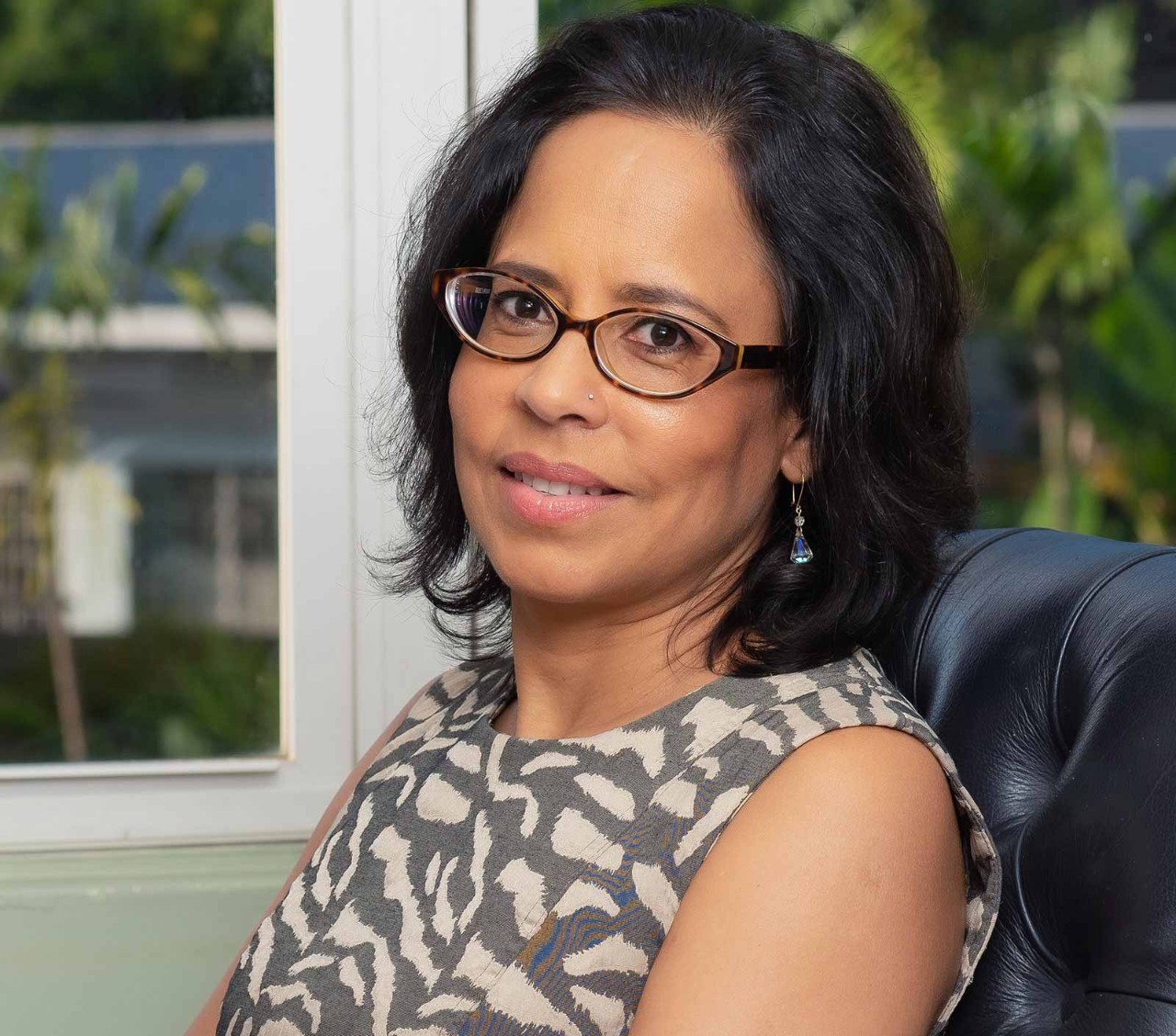
With the Covid-19 pandemic radically altering the working environment for accountants across the globe, a recent ACCA Caribbean roundtable discussion heard how the digital transition has accelerated.
Digital transformation and sustainability: putting people at the core of digital transformation strategies brought together representatives of the Joint Examination Scheme in the Caribbean.
'The quicker we get up that learning curve, the gradient becomes a lot more gradual'
While Caribbean workplaces rapidly transitioned to remote working, Arron Fraser, a council member of the Institute of Chartered Accountants of Guyana, and Rosemarie Heaven, executive director of the Institute of Chartered Accountants of Jamaica, agreed that the strain on the fragile digital infrastructure in their respective countries has had knock-on consequences for productivity.
‘There are times where the internet does not work as we would like it to, so we have connectivity problems,’ Heaven said. In addition, other challenges have emanated from the pandemic around organisational culture and work-life balance, forcing employers across the region to find workable solutions.
Catalyst
However, the pandemic can also be seen as an external catalyst that quickly reinforced the value of proactive foresight. As Elmer Murray, Council Member of the Institute of Chartered Accountants of Belize, pointed out, ‘The pandemic has certainly shown the value of accountants; most times, people think of us as bookkeepers but accountants are people who put systems into place and drive value in the company.’
But how can digital transformation be sustained for the future? Kathy-Ann Hewitt, executive director of the Institute of Chartered Accountants of Barbados, said that there would be growing pains, with both companies and consumers needing time to adjust away from more analogue ways of doing business, but insisted that it was achievable.
'Companies would be able to free up their most valuable asset, their human talent, to focus on more complex challenges and maximise value for the company'
Heaven added that digital transformation should be an ongoing process. ‘Companies should have been on that path before the pandemic; [if anything], the pandemic has only pushed them to do it quicker,’ she said.
The steepness of the digital transformation learning curve should not be a deterrent, finance leaders said; rather, it should serve as an indicator of both the scale and urgency of the challenge. ‘The learning curve for some companies might be steeper than others, but the quicker we get up that learning curve, the gradient becomes a lot more gradual,' Fraser said. 'Technology is always changing and you’ll always be playing a game of catch up, but at least then you’re not starting from a relative position of zero.’
Leaders inspire
Visionary leadership is important for companies to undertake digital transformation, however difficult. According to Hewitt, leaders must have the ability to adapt and change their vision, as necessary.
Heaven added that this is precisely where finance professionals can have the greatest impact in their own work, providing vital context and expertise. ‘Finance professionals have skills that are valuable to management,’ she said. ‘They understand risks and controls. Finance professionals can play a role in assisting management and companies to make decisions they need to make to ensure sustainability.’
Common purpose
Hewitt agreed, pointing out that as digital transformation continues apace and remote working arrangements become more embedded throughout the Caribbean, the best leaders will need to be even more skilled than before in creating a sense of common purpose and motivation among diverse and distributed employees. There seemed to be no realistic expectation that accountancy would revert to pre-pandemic practices but instead needed to find a new, more flexible equilibrium.
Fraser was optimistic about how digital transformation would affect accountants, saying that the best digitally enabled companies would allow their finance professionals to focus their attention on analysis and judgment, rather than more mundane and routine tasks. The use of technology to automate certain tasks would mean that companies would be able to free up their most valuable asset – their human talent – to focus on more complex challenges and maximise value for the company.
Heaven agreed: ‘The finance professional is well-placed to assist with the re-engineering of processes and automation of manual controls, and also to assist the organisation in assessing risks.’
Further information
Digital transformation was just one of the subjects discussed at this year’s Accounting for the Future conference, which is now available on demand


